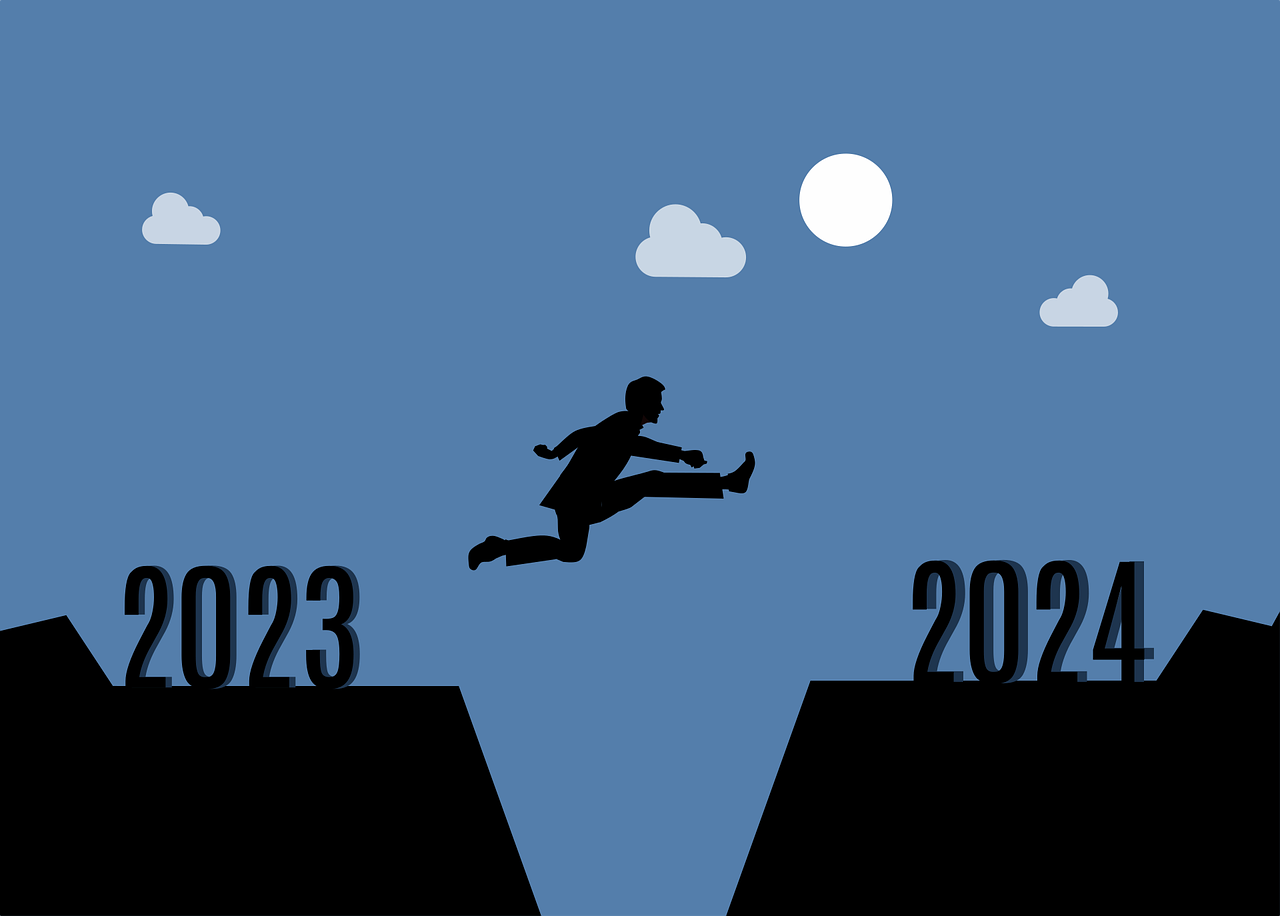Happy New Year! Yes, it’s the 1st of January, and I’m working. I love helping people improve their finances, so I have no problem churning out a blog that will help you improve your finances.
If 2023 was a tough year for you financially, you can start right now to get a grip on all aspects of money. Of course, that means paying off debt, saving money and building an investment portfolio. The same old guidelines I’ve been sharing apply: live the minimalist lifestyle; don’t worry about comfort and status and pay off your car first(preferably sell it and don’t buy another one) and then tackle the smallest debt.
All those things are applicable today as they have been since the beginning of time, but there are a few factors that you should consider, which most people completely overlook.
Risk
Being an optimist is something I highly encourage people to be, but you also have to plan for the worst while hoping for the best. It’s all good and well to believe that your income will keep flowing in or, at the very least, will increase. It’s also good to hope that your house windows will never break or your car tire will never burst.

But what if your income stops and your car breaks down? What then?
Most people don’t want to even consider those scenarios because they’re frightened by the mere thought of them. That’s because they don’t have a backup plan. If they lose their job, how will they pay their mortgage? What if the water pipe bursts, how much will that cost? Probably more than you can afford if you have no savings.
The one factor that most people who budget don’t consider in their equation is risk.
There’s no guarantee that your income will keep flowing in, whether you have a job or own a business. But expenses are guaranteed. Even if you sit at home and don’t go anywhere, you still have to pay the electricity bill and buy food.
So what’s my point?
Live as if the worst-case scenario will happen tomorrow. That means excluding all expenses from your cash flow statement that aren’t necessary for survival. This is how you live the minimalist lifestyle. Ensure that you have at least 6 months savings for essential expenses—rent/mortgage, utilities and food. Don’t assume that you have job security and you won’t be laid off just because you work in a big company.
Facebook, Google, Amazon and numerous other companies laid off tens of thousands of workers in 2023. You could be next.
By living if the worst-case scenario will happen tomorrow, you will make adjustments today. You should feel uncomfortable while you’re in debt. There’s always the uncertainty of not having an income next month to pay your creditors. That’s one of the reasons the savings for 6 months of essential expenses is crucial. Also make sure that you have at least $500, but preferably $2,000, in an emergency account. That’s for things such as a broken house window or replacing a flat car tire.
You cannot assume that things will keep going the way they are. What if they don’t and things turn sour? Are you in a position to weather a big storm? If not, you need to make adjustments today so that you’re in a stronger position if things go belly-up.
Recession
To be or not to be, that is the recession.
I’m no economist, but I do follow smart people who know what they’re talking about. And all of them said that the same signs that appeared before the Great Depression and the 2008 global financial crisis have reared their ugly heads again. I’d be a fool to think that a recession wasn’t on the cards considering inflation, massive lay-offs across various industries, wars, sky-high gas prices, real estate price decreases and several other factors.

A recession in the near future is a possibility, and the time to prepare for it is now. If you have debt, you need to pay it off ASAP so that you don’t default if you lose your job in a recession. Once you’re debt-free, you can start building a savings account.
The person who has cash in a recession will be king.
Why?
Because asset prices fall sharply in a recession. Just look at what happened to the stock market during the Great Depression and the real estate market during 2008. People who bought stocks, houses and other assets during those periods saw a significant increase in their value during the subsequent years. That’s because during a recession you can buy assets at rock bottom prices. So the only way is up from there.
To be honest, if a recession hits us this year, I’m going to be happy. I have cash saved, so I’m looking to buy real estate and stocks at below-market value. That’s almost certainly going to happen if we have a recession.
Even if you buy assets at below-market value during a recession, it’s likely to be years before their values increase to a level that will yield high returns. And that’s okay. Because if you don’t buy during that period, many years will pass and you will unlikely be in a better financial position because you didn’t capitalise on an opportunity of a lifetime.
To Wrap it Up
Make sure that you’re working towards having savings so that you can pay housing and food expenses in case your income stops. It can happen to anyone. It happened to me, and it can happen to you. The worst things happen financially when you’re broke. So don’t invite that situation into your life. Make sure that you have money by lowering your expenses.
Remember to always factor risk into your financial equation because things can turn sour any day, so you need to be prepared for the worst-case scenario.
A recession is a great period for investors who are debt-free and have savings. They will be able to buy assets at rock-bottom prices and will then watch their portfolios increase substantially in value during the subsequent years while the rest of the population recovers from the financial agony they suffered.
CHECK OUT MY NEW BOOK — From Homeless to Debtless with Savings





Leave a Reply